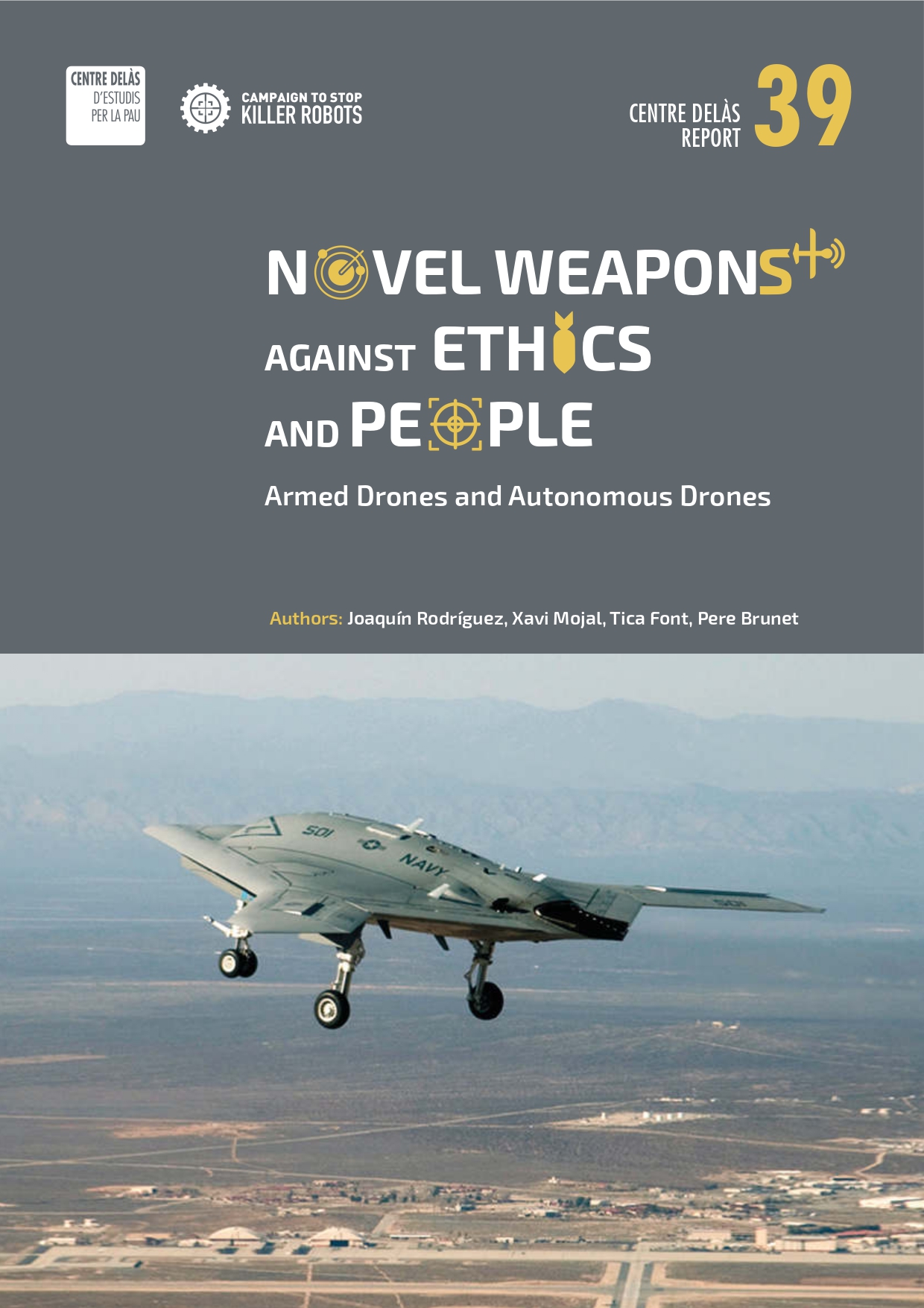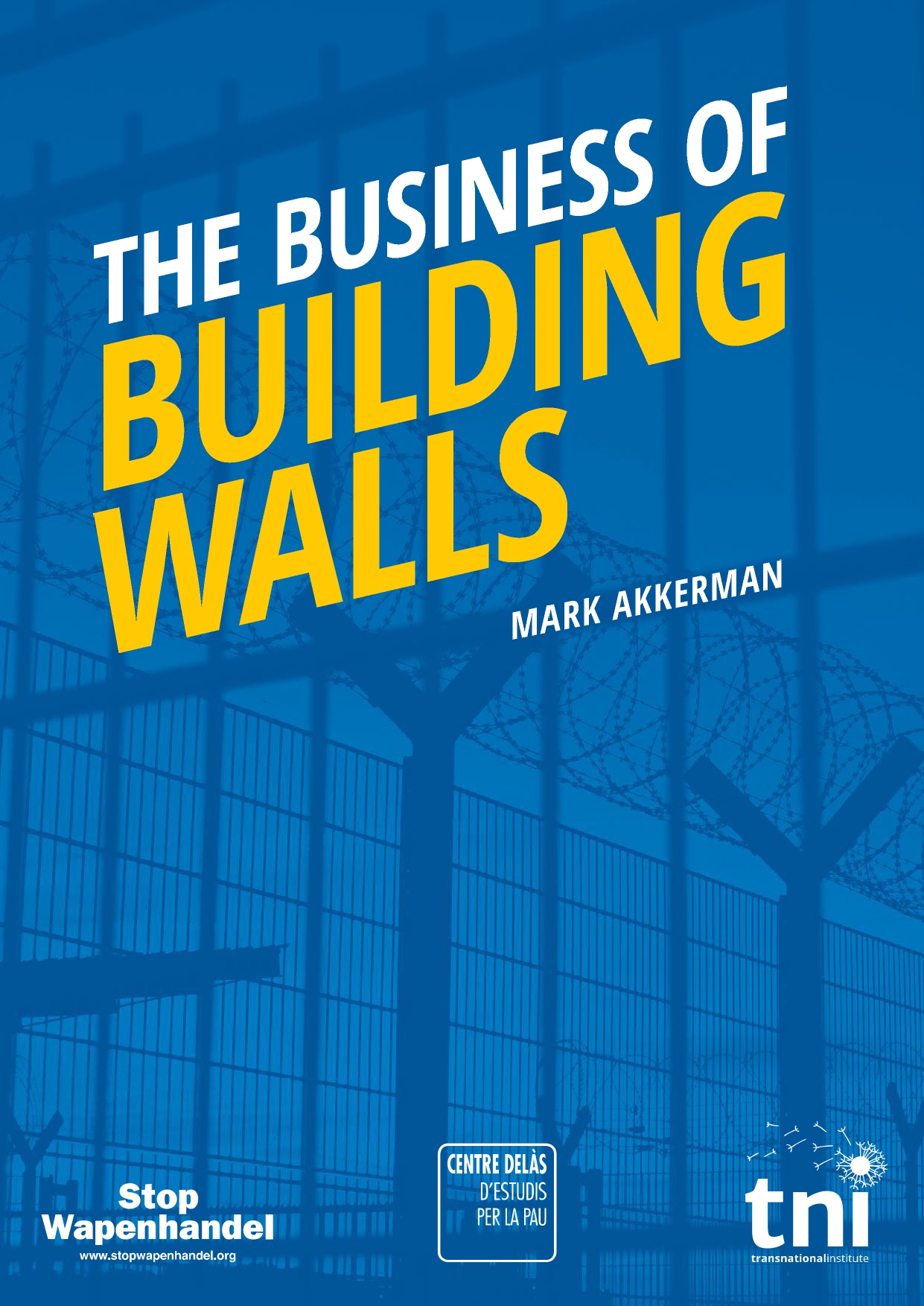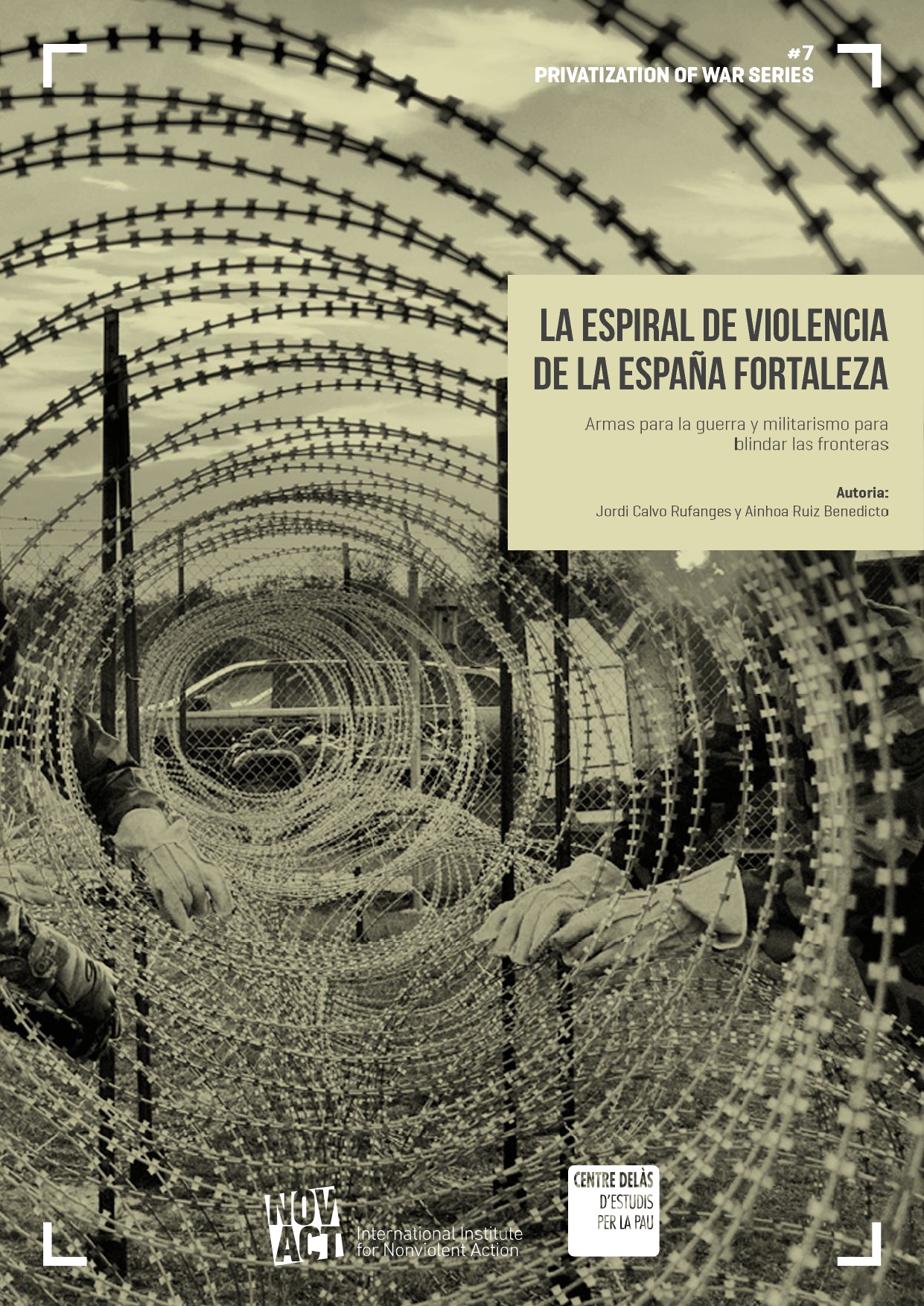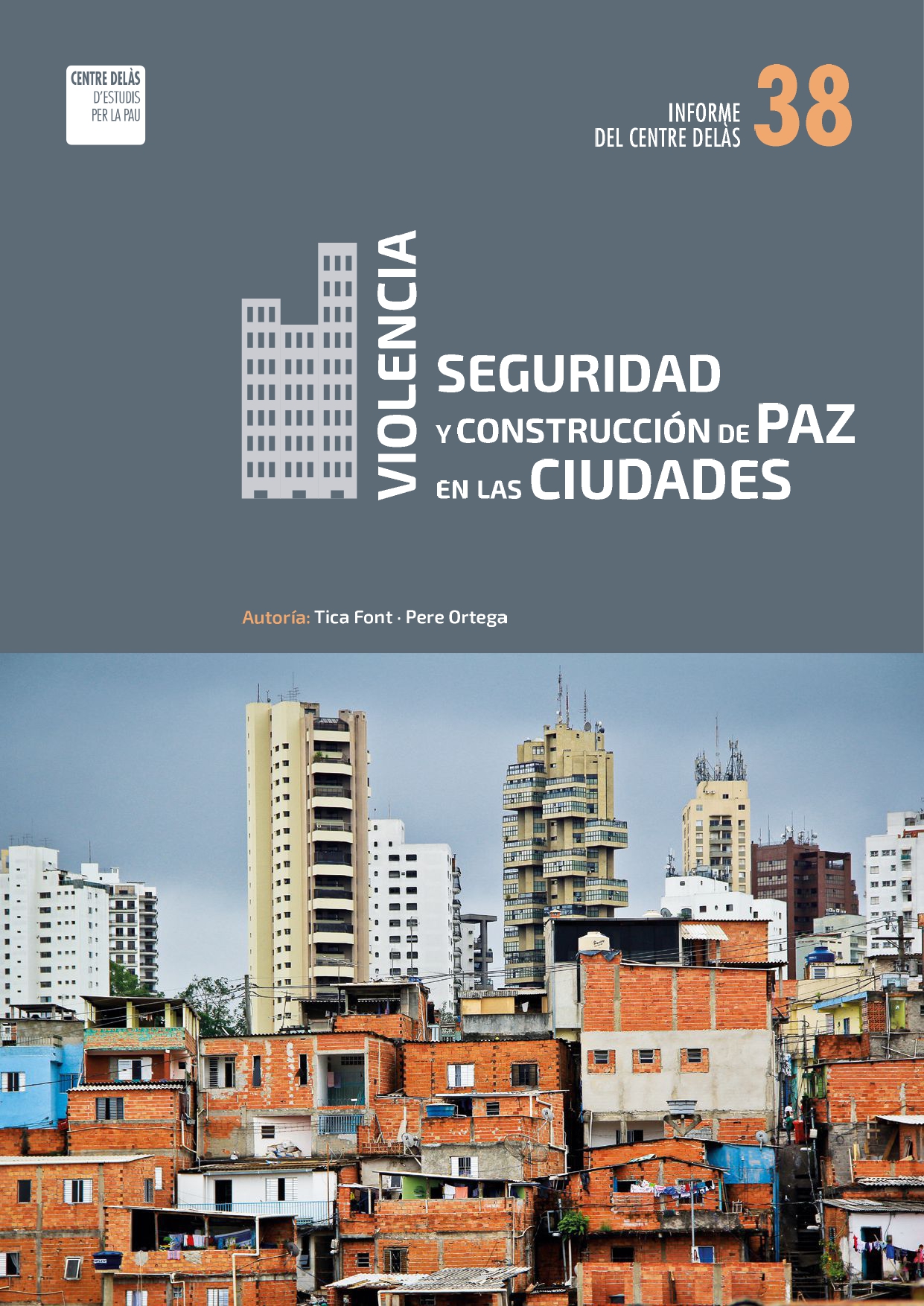Report of Delàs Center, ECP and IDHC: Arms trade, conflicts and human rights. Analysis of European arms exports to countries in armed conflict and human rights violations
“Arms trade, conflicts and human rights. Analysis of European arms exports to countries in situations of armed conflict and human rights violations” is a report by the Centre Delàs d'Estudis per la Pau, the Escola de Cultura de Pau and the Institut de Drets Humans de Catalunya that analyses arms exports by EU member states during the year 2018 (the most recent year with available export information) to countries that were in a situation of armed conflict that year. The report analyses arms exports to 11 countries that were the scene of armed conflict. The analysis includes a summary of the recent history and evolution of the conflict in question, a description of the most relevant events that took place during 2018, as well as an analysis of each case from the perspective of arms imports and compliance with the main instruments of human rights and international humanitarian law. In addition to the case analysis, the report also provides an overview of the status and evolution of arms transfers from EU Member States, as well as a comparative perspective on the characteristics of the current armed conflict.
Authors: European arms exports: Jordi Calvo Rufanges, Ainhoa Ruiz Benedicto. Armed conflicts: Josep Maria Royo, Jordi Urgell, Pamela Urrutia, Ana Villellas, María Villellas. Human rights ans International Humanitarian Law: Karlos Castilla
Read and download the full report in English, in Spanish and in Catalan.
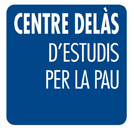




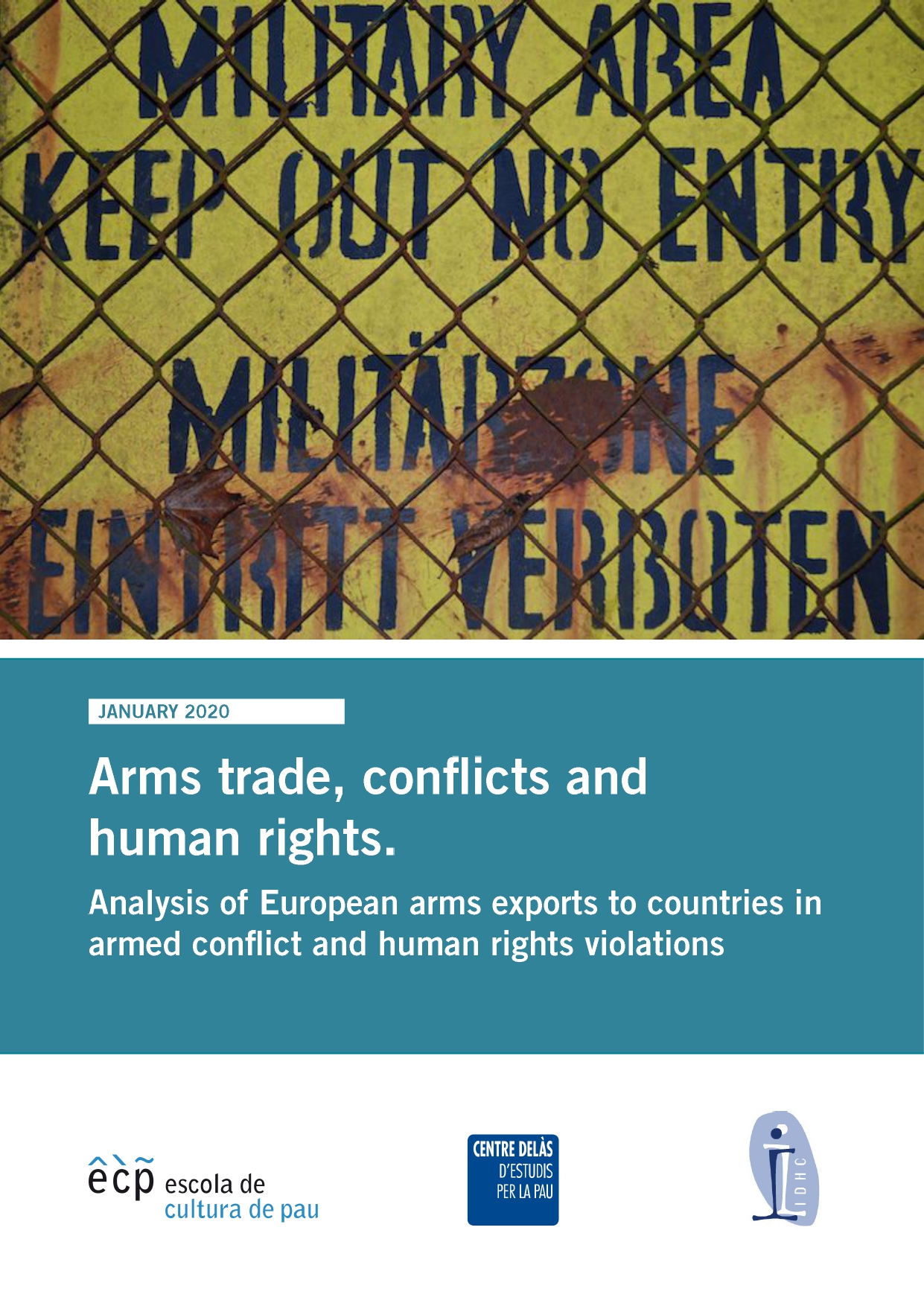
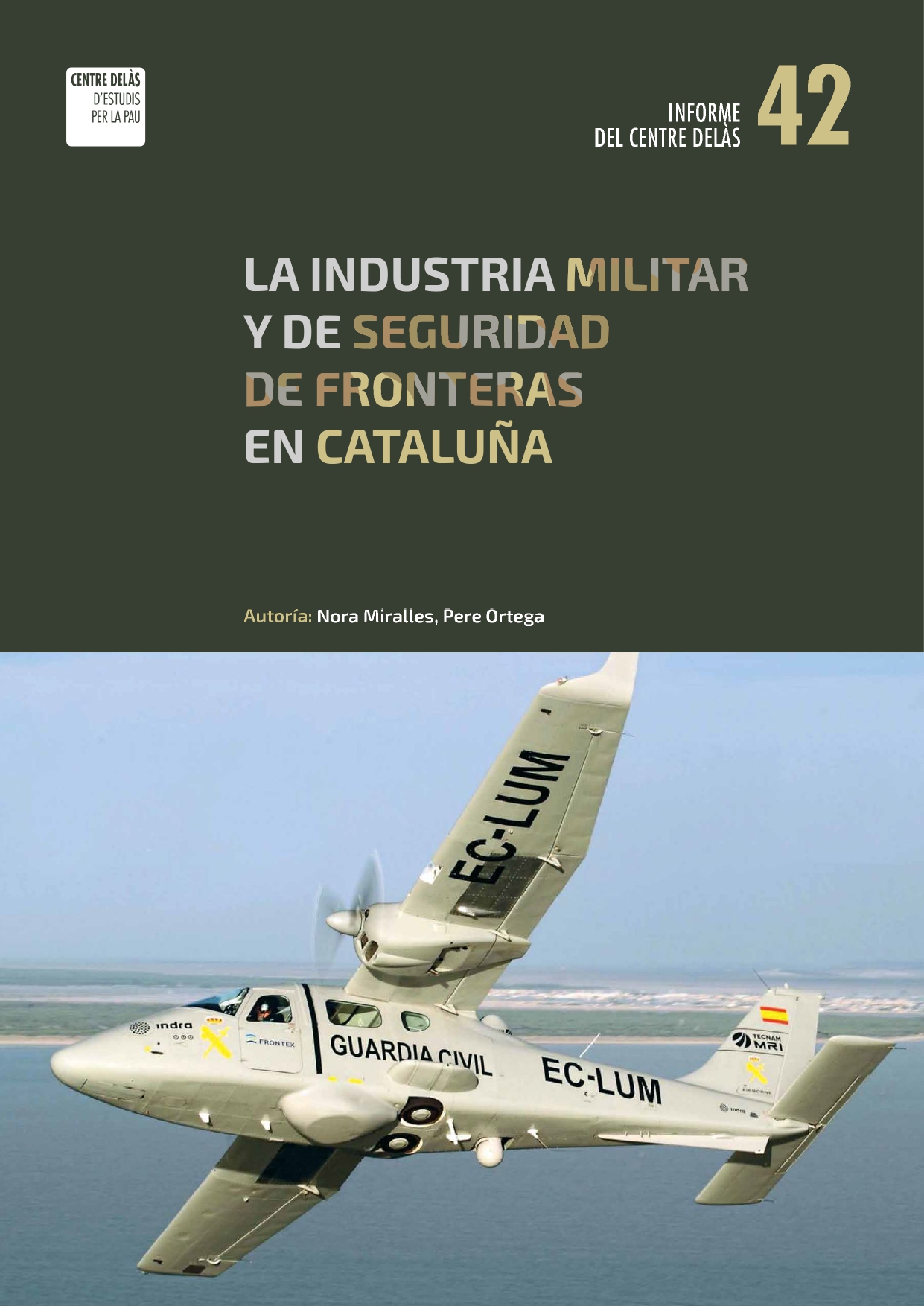
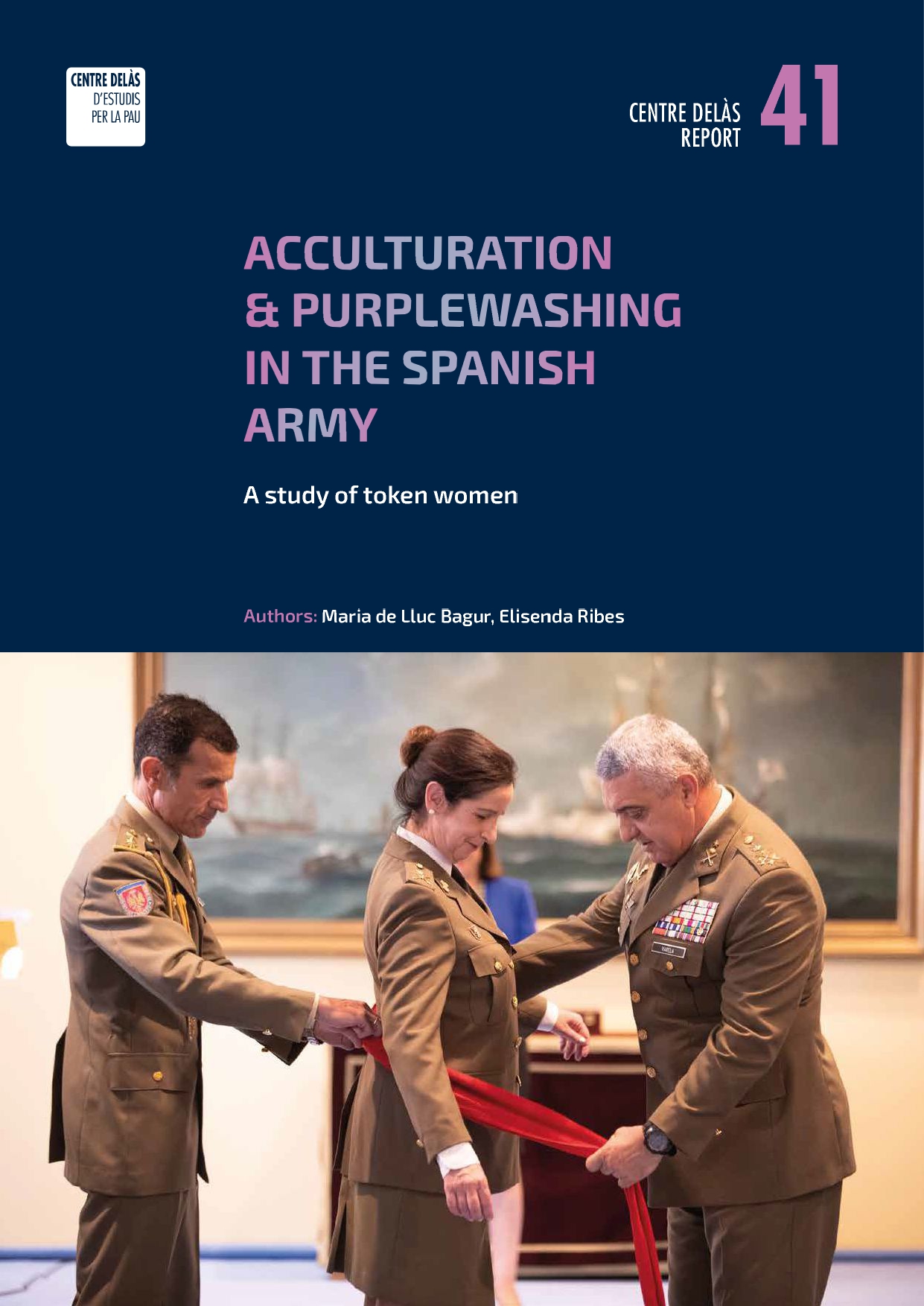
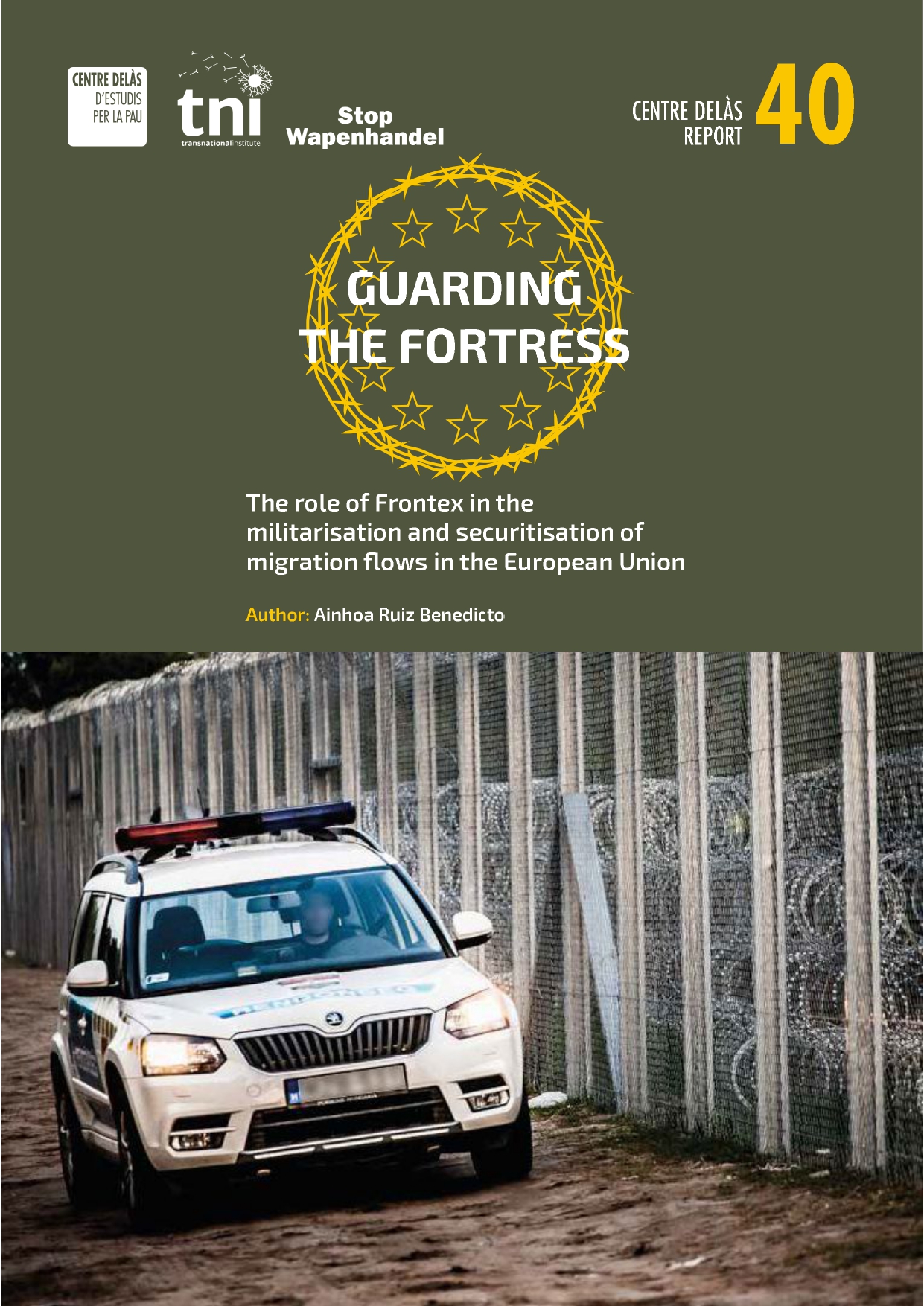 The new report “Guarding the Fortress: the role of Frontex in the militarization and securitization of migratory flows in the European Union” intends to study and analyze the context in which the European Border and Coast Guard Agency, Frontex, is developed and implemented in the European Union, as well as its operation, mechanisms and main operations carried out. The research addresses the context that is built with respect to security policies in the EU, and specifically with regard to border and migration policy. As well as, the development of Frontex in this context.
The new report “Guarding the Fortress: the role of Frontex in the militarization and securitization of migratory flows in the European Union” intends to study and analyze the context in which the European Border and Coast Guard Agency, Frontex, is developed and implemented in the European Union, as well as its operation, mechanisms and main operations carried out. The research addresses the context that is built with respect to security policies in the EU, and specifically with regard to border and migration policy. As well as, the development of Frontex in this context.